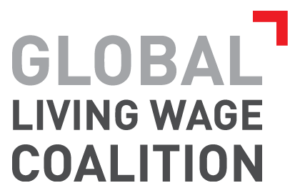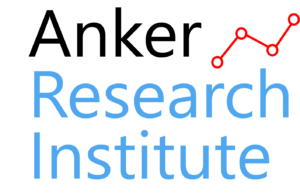Commissioned and financed by the ICO Coffee Public-Private Task Force’s Living-Prosperous Income Workstream, the ICO is partnering with the Anker Research Institute to undertake Anker Living Income Benchmarks, robust studies of the costs of a decent standard of living, for smallholder coffee farmers in key origins: Ethiopia, Indonesia, Mexico and Vietnam. The Anker Research Institute is the premier research organization conducting living income studies throughout low-income countries around the world using their rigorously developed Anker Methodology. The Benchmark studies are being carried out with national government members of the ICO and are building the capacity for this work to be continued in the country by regional experts. The studies build on the existing body of work of the Anker Research Institute, which has established Anker Living Income and Living Wage Benchmarks in almost 50 low and middle-income countries.
These Benchmark studies are a core pillar of the commitments of the ICO Coffee Public-Private Task Force (CPPTF) to fulfill the ambitious vision of the Task Force Roadmap 2020-2030, which includes jointly implementing activities to close the living income gap to reach prosperity for target producers in at least 50% of the ICO member coffee producing countries by 2030. To that end, the Roadmap foresees establishing benchmarks in 80% of ICO member producing countries by 2025.
One of the unique aspects at the core of the Anker Benchmark Methodology includes consultation with national stakeholders on the concept of living income as a milestone to prosperity. Stakeholder consultations are ongoing in Mexico and Vietnam and will begin later this year in Indonesia and Ethiopia. All national consultations are also linked to and supported by collaboration with regional platforms (such as the InterAfrican Coffee Organization, the ASEAN Coffee Federation, Promecafé and Amecafé).
The Anker Living Income Benchmarks will be used for income gap assessments in countries where data exists on smallholder actual incomes. These gap assessments will be done with and be inputs to the work of the other TaskForce Technical Workstreams on market transparency, market policies & institutions, resilient coffee landscapes, sector coordination & inclusion of women and youth.
Anker Research Institute
We are delighted to have the chance to participate in this initiative to help improve the standard of living for coffee farmers in Indonesia, Vietnam, Mexico and Ethiopia by estimating the living income for decency needed by families in different countries and locations where coffee production is concentrated. We believe that successful action programs to improve coffee farmer incomes and achieve a living income for coffee farmers as well as to attract younger generations and improve the sector’s sustainability, requires robust, transparent and internationally comparable estimates of living income needed.
Santiago Arguello Campos, General Coordinator of Agriculture, SADER, Mexico
The vision for our agricultural sector is to achieve welfare for our most vulnerable farmers. For coffee, we also wanted to better understand what the living income is for our communities and improve that situation. This study for Mexico will allow us to reinforce the policies and gear the private sector to achieve this in public-private-social agreement, which implies a change of behavior by evolving the business plans throughout the supply chains and where ultimately truly responsible consumption is the goal.
Vanusia Nogueira, ICO Executive Director
We have a shared responsibility throughout the whole coffee supply chain to achieve prosperous living and sustainable income for the smallholder coffee farmers. Ensuring a decent living alone is not enough for the coffee farmer who also has to prosper in order to secure the necessary resources to produce coffee sustainably. The ICO Coffee Public-Private Task Force’s Living-Prosperous Income Workstream is key to tackle coffee farmers’ poverty, assessing real and target income and their differences in each country to establish a country-by-country diagnosis, and bring together government and private sector to close the gap between real and living sustainable income and increase the prosperity of the farmers in the long run.





